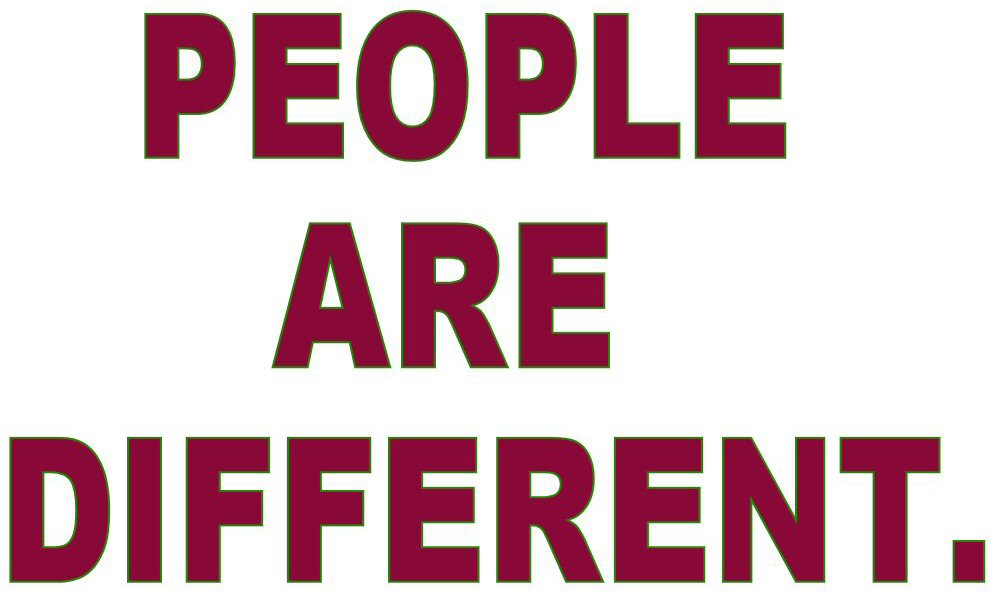Friday, September 18, 2015
Bad Ig
The latest Ig Nobels seem to be declining. Presumably because the source material is declining. In previous years the Ig was able to find lots of good science dealing with trivial or silly-sounding subjects. This year only a couple of the awards fit the standard.
This one is the worst:
 = = = = =
At the other end, this item....
= = = = =
At the other end, this item....
MANAGEMENT PRIZE — Gennaro Bernile [ITALY, SINGAPORE, USA], Vineet Bhagwat [USA], and P. Raghavendra Rau [UK, INDIA, FRANCE, LUXEMBOURG, GERMANY, JAPAN], for discovering that many business leaders developed in childhood a fondness for risk-taking, when they experienced natural disasters (such as earthquakes, volcanic eruptions, tsunamis, and wildfires) that — for them — had no dire personal consequences.Reversed logic, like all "social" """""science"""". I'd guess that more than half of all adults have been in or near disasters without being killed or injured. The vast majority of survivors develop a sensible avoidance of risk after such events. Leader types are innately risk-loving, whether they had an experience of survival or not. Every experience makes a risk-lover love risk more, because he's a risk-lover who loves risk. The survival experience is the fucking CONSTANT and the innate risk preference is the fucking VARIABLE. If you call yourself a scientist you should FIRST OF ALL be able to distinguish constants from variables. And even morer firster of aller, you should understand that
 = = = = =
At the other end, this item....
= = = = =
At the other end, this item....
Michael L. Smith, for carefully arranging for honey bees to sting him repeatedly on 25 different locations on his body, to learn which locations are the least painful.....is simply GOOD SCIENCE, and is NOT trivial or silly. Variables and constants properly separated, useful information. I suppose he could have used a mechanical stinger instead of live bees, but bees are not known for individuality. It's reasonable to assume that the bee will always optimize her sting. ETHICS rules make it impossible to run such a study on anyone but yourself. Aside from ETHICS, pain is so subjective that the only way to get a reasonable scaling is to keep it on yourself anyway. Good science and serious science. Pain is not trivial. Shouldn't be an Ig.
Labels: Age of Stings, bee, Blinded by Stats, Ethics, Loughnerian Logic
